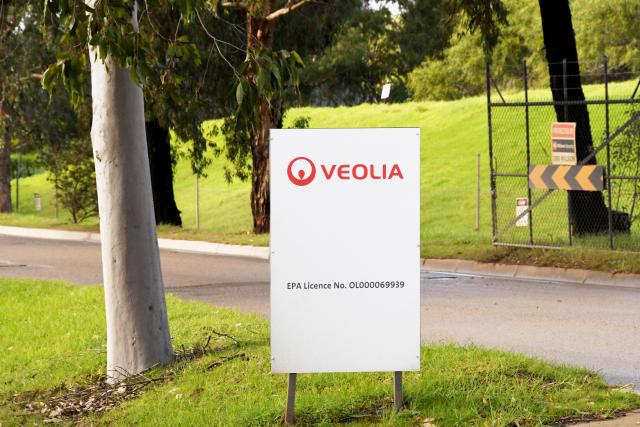By SHARON BROOKS
RECENTLY I Googled, “Do men need meat?”. In 0.27 seconds there were 161 million results. Clearly there are no shortage of opinions. Males and their love affair with meat has flourished with the popularity of the paleo/caveman diets. It started with high protein Atkins, and The Zone followed soon after. So, do men need meat? And is it OK to have more than one serving at dinner? This column is based on current scientific research.
Meat Uncovered It is fair to say, not all meat has been created equally. A lean chicken breast or sirloin steak clearly offers a different nutrient profile to fatty sausages. Meat consists of white (poultry such as turkey and chicken, and pork) and red (usually game birds and meat that is red when raw, such as from a cow). Processed meats and sausages contain ingredients from other foods, and additives.
White and red meats provide a plethora of nutrients. Protein is one. There are also vitamins and minerals such as B-vitamins, magnesium, zinc and iron. The B-group vitamins are involved in almost every bodily pathway such as digestion, nutrient transport and absorption, and energy production. Magnesium is fundamental to bone development and strength.
Zinc and iron are readily available and absorbable from meat. Zinc is needed for more than 200 metabolic pathways, such as contributing to DNA synthesis, immunity, hormone production and a healthy prostate. Iron is required for cognition and concentration, energy metabolism and fatigue prevention.
Organ meats such as liver are high in vitamin A, essential for vision. It is also crucial in creating a mucous membrane around the eyeball and eyelid. Liver is also a good source of vitamin K, which is key to the blood-clotting process.
The Bad News Of course, there is a flipside to the view that lean meat is required for optimal health. Increasingly, evidence suggests meat consumption is associated with a greater risk of type 2 diabetes, prostate cancer, colorectal cancer and cardiovascular disease. Nitrites in meat and other particles produced during cooking, induce DNA damage; a catalyst for inflammation and disease.
In an evaluation of recent articles and reviews on PubMed, it is evident that gold-standard journals are as one. The British Medical Journal, Cancer Prevention Research, Carcinogenisis, American Journal of Clinical Nutrition, European Journal of Clinical Nutrition and the British Journal of Nutrition concur that high levels of meat consumption are associated with increased risk.
The Prognosis If you are a “meat man”, consider cutting down. The long-term damage from excess consumption cannot be ignored. How about reducing your meat consumption to no more than once a day and introducing at least two meat-free days a week?
Select protein, iron and zinc-rich vegetable sources more often, including nuts, seeds, beans, legumes, tofu, wholegrain cereals and green leafy vegetables. Consume them with vitamin C from berries, citrus and kiwi fruit or capsicum, chilli and tomatoes. Combining vitamin C with plant iron enhances absorption, and soaking legumes before cooking enhances zinc absorption. Plants and wholefoods reduce illness and disease risk.
If high-protein, highly meat-focused diets are recommended to you, query who paid for the research – and what their motives might be.
















